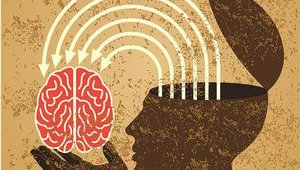Fiction as therapy: towards a neo-phenomenological theory of the novel
Thu 15 May 2014, 19:00 - 19:15

- Venue
- The British Academy, 10-11 Carlton House Terrace, London SW1Y 5AH
To enter the imaginary places of fiction is to immerse ourselves in a world; but reading a novel also involves recognising that world’s existence as a complex structure of words. Novels are prime locations for the exploration of plural existences, for playing with the boundaries of the real, the delusory and the fantastic. Echoing Wittgenstein’s call for a therapeutic philosophy that might overcome self-centred modern scepticism, this lecture will argue that, of all artistic genres, it is the novel that has most grappled with this legacy of modern thought. But the novel offers another kind of therapy too. With their own paradoxical status as worlds of words, novels provide a unique understanding of what it means to inhabit and move through multiple realities, and help us reflect upon what happens when we are unable to assign primacy to any single world. The shifting of frames that produces varieties of mental distress is a feature of living with the uncertainties and complexities of modern life. Can reading fiction help us to understand those processes of existential disorientation that leave us adrift in the world?
Speaker:
Professor Patricia Waugh
Professor in the Department of English Studies, Durham University
About the Speaker:
Patricia Waugh is a Professor in the Department of English Studies at Durham University. She has written extensively on modern fiction, intellectual history, modernism and postmodernism. She is currently writing a book on modern literature and the experience of hearing voices.
Chaired by Professor Marina Warner FBA